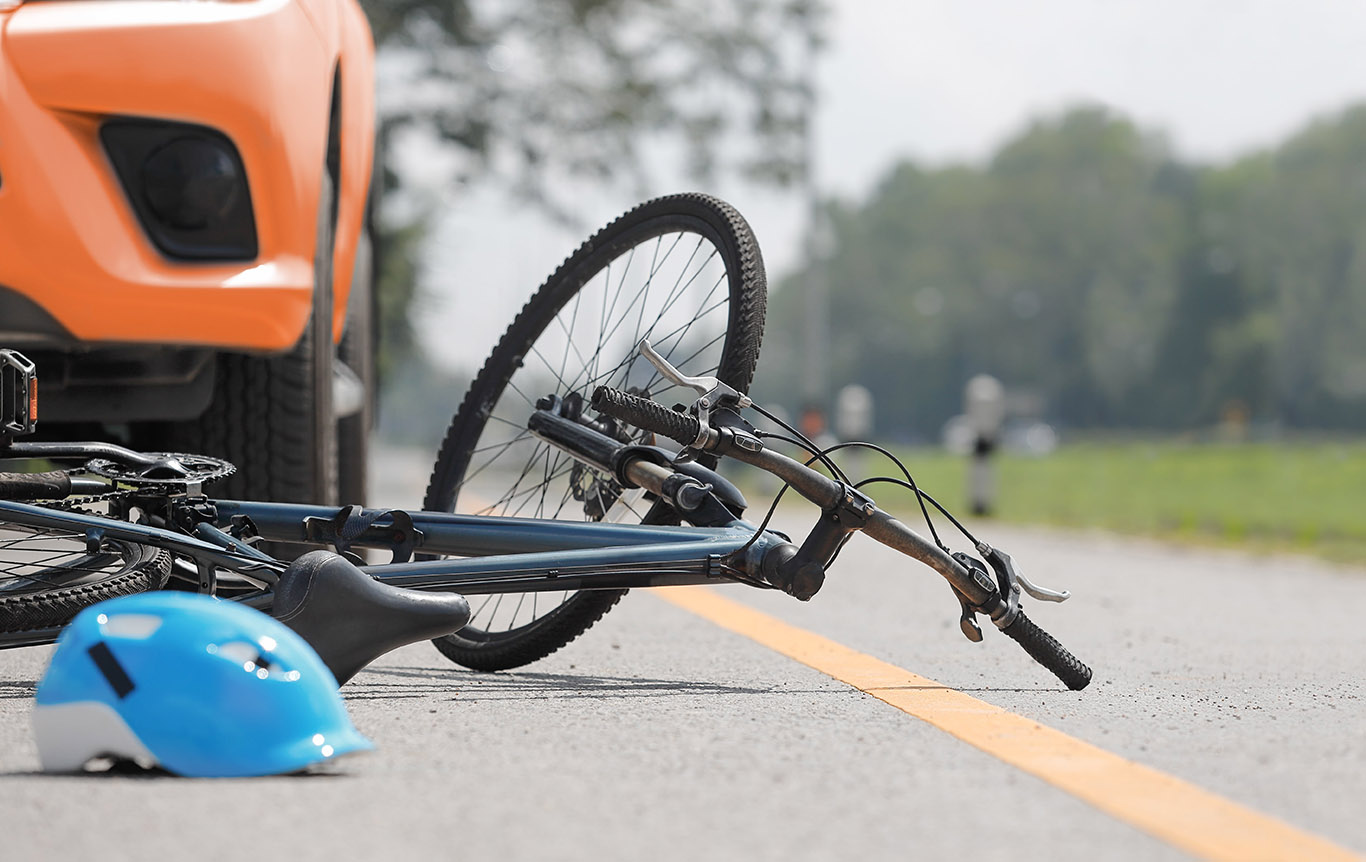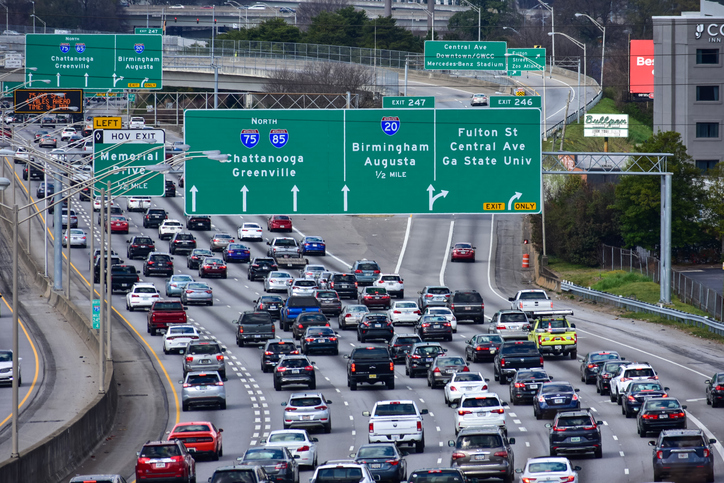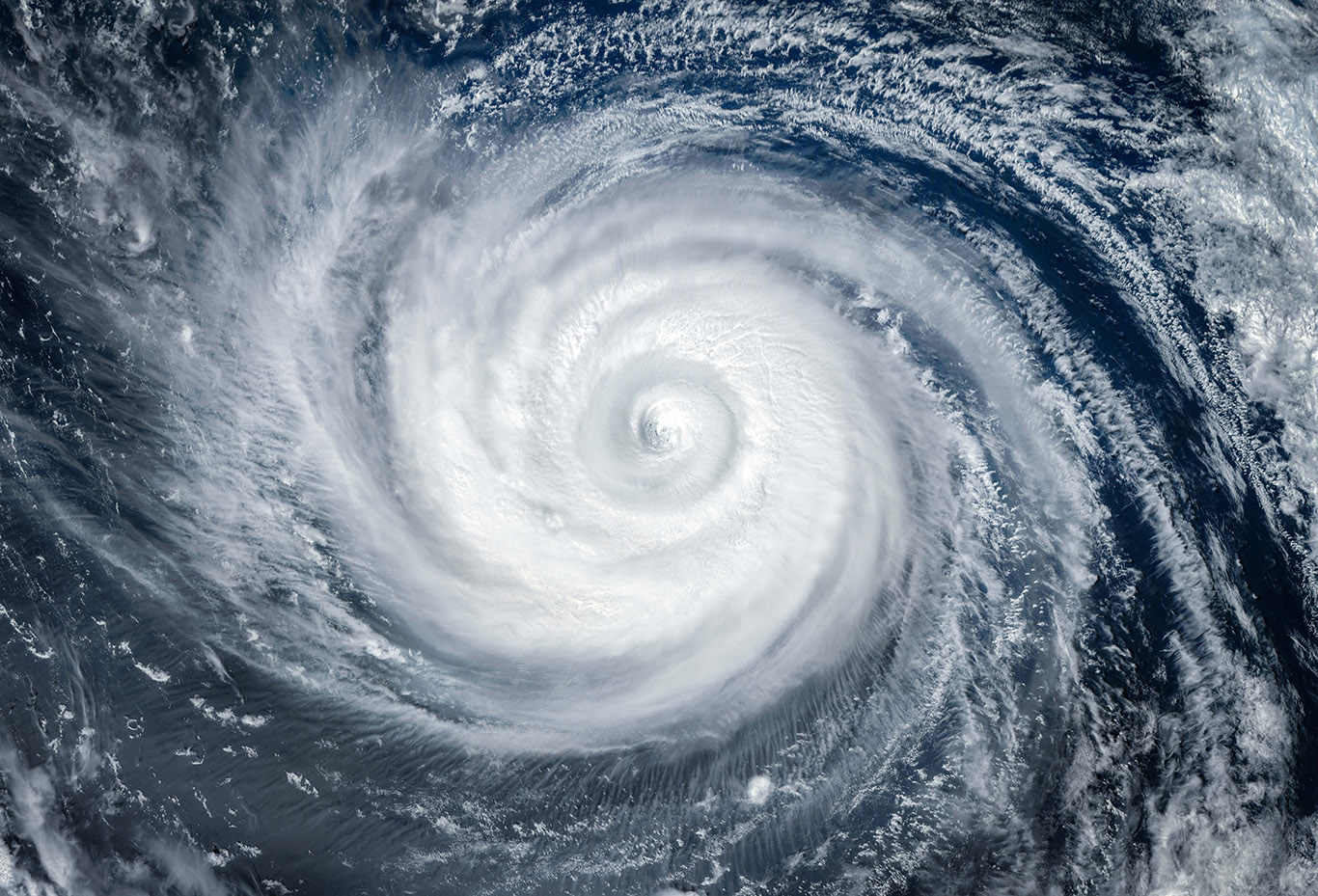
Does Car Insurance in Florida Cover Bicycle Accidents?
December 17, 2022
Verdicts & Settlements: $400,000 Settlement Reached in Rear-End Crash That Caused Multi-Vehicle Pileup
January 3, 20235 Interesting Facts About Hurricanes

Florida is no stranger to hurricanes. In fact, the Sunshine state is known as the “Hurricane Capital” of the United States. No other state has been hit by more hurricanes than Florida, with an average of six per year since 1950. The most destructive hurricane to ever hit the state was Hurricane Andrew in 1992, which caused over $25 billion in damage and killed 65 people. Several of the most expensive hurricanes in U.S. history have made landfall in Florida, highlighting just how vulnerable the state remains to large-scale storm damage.
Although many Floridians dread the hurricane season and the destruction it may bring, not everyone understands the science behind this natural phenomenon.
Discover Fascinating Facts About Hurricanes
These powerful tropical storms can reach wind speeds exceeding 74 mph and can last for several days or even weeks. Hurricanes form over warm ocean waters, and their destructive force is fueled by evaporating water. Did you know that the strongest hurricanes are classified as Category 5, with wind speeds surpassing 157 mph? Additionally, hurricanes can release energy equivalent to tens of atomic bombs every second! Stay informed about these natural phenomena and their immense impact on coastal regions with several interesting facts about hurricanes that not only may surprise you but also may help keep you safe when disaster strikes.
1. Hurricanes Are Huge Tropical Storms
A hurricane is a type of giant tropical storm that forms over the warm waters of the North Atlantic and North Pacific Oceans.
For a tropical storm to be considered a hurricane, it must produce winds of at least 74 miles an hour. Hurricanes form in tropical parts of the world where ocean waters are warm and conducive to hurricane formation. Florida’s humid subtropical climate, southernmost geographic location in the U.S. and exposure to the Atlantic Ocean and Gulf of Mexico makes it the perfect target for tropical storms and hurricanes, many of which are strong enough to cause severe property damage and loss of life.
2. Hurricanes Form Over the Ocean
Hurricanes can only form over warm waters in the ocean and tend to weaken rapidly when they reach land.
When a hurricane can no longer extract power from the ocean, it weakens and eventually dissipates completely. This is why hurricanes tend to cause most destruction in Florida’s coastal communities but tend to cause less damage in central and north central parts of the state, such as Orlando, Gainesville and Lake City.
If you live in a hurricane-prone area that’s about to be struck by a powerful hurricane, it may be in your best interest to travel inland toward a safer destination.
3. Hurricanes Have an Eye
The eye of the hurricane is its very center and is paradoxically characterized by calm winds and clear skies. It’s surrounded by the eyewall, which is a ring of intense rainfall and strong winds. The eye typically ranges from five to 30 miles in diameter and can hover in the same general area for anywhere from a few minutes to several hours.
The eyewall tends to be much wider, ranging anywhere from 100 miles to 1,000 miles, meaning it can cover and wreak havoc on a significant area of land. To put these numbers in context, Florida is only 160 miles wide, meaning a hurricane’s wall can easily cover the entire state.
4. Hurricanes Spin in Different Directions Depending on Your Location
This is due to the Coriolis effect, which is caused by the Earth’s rotation. In the Northern Hemisphere (where Florida is located), hurricanes form over warm ocean waters and move toward land in a counterclockwise direction. This is because of the Coriolis effect, which causes winds to be deflected to the right of their direction of motion. In contrast, hurricanes in the Southern Hemisphere form over warm ocean waters and move toward land in a clockwise direction.
5. Hurricanes Can Be Very Dangerous
Hurricanes are one of the most dangerous natural disasters that can occur. They can bring high winds, heavy rains, flooding and storm surges which can claim lives and cause expensive destruction to homes and businesses. The aftermath of a powerful hurricane can be devastating and have long-term effects on the environment, economy and your life.
This is why it’s important to carefully prepare for hurricane season to reduce nature’s unpredictable impact on your home or business. When hurricane warnings or watches are announced, it’s often best to heed emergency notifications, like evacuation orders, which can save your life.
Get the Money You Deserve to Repair Your Florida Home or Business After Hurricane Damage
If you have suffered hurricane damage and need legal help with your insurance claim, contact the hurricane damage attorneys at Kanner & Pintaluga today.
We use our experience to advocate for Floridians who are trying to rebuild after these vicious storms. For more information, call 800.586.5555.

